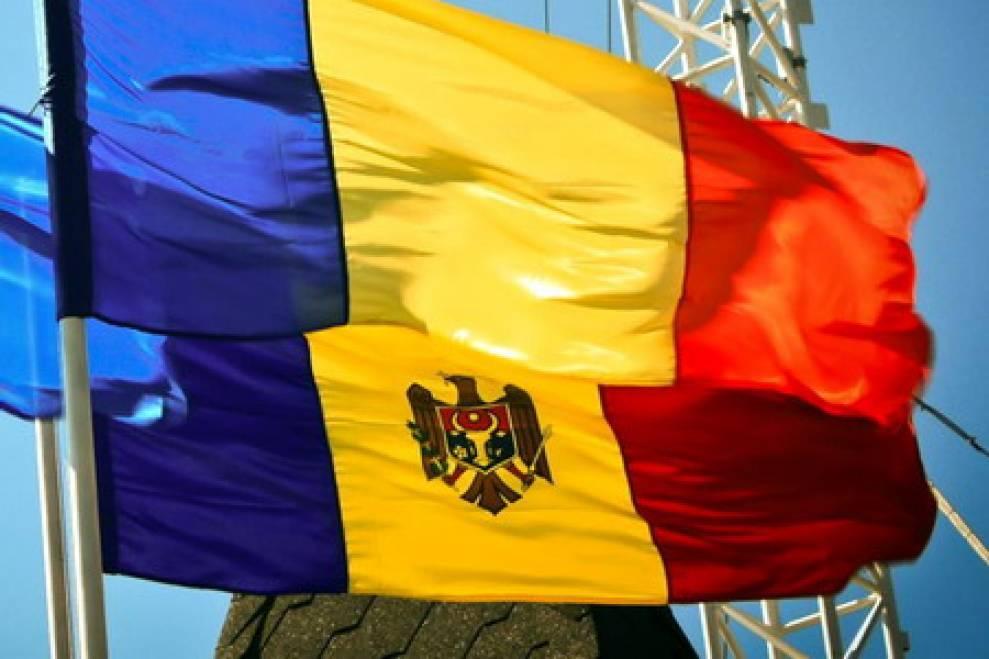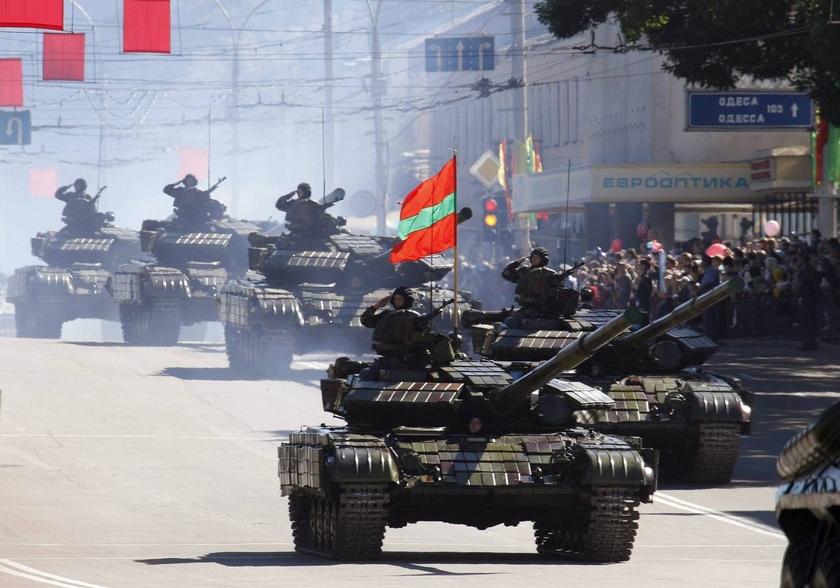"Moldovans committed to EU integration, but by joining Romania" Caliber.Az interview with Dmitry Ciubasenco
Caliber.Az had an interview with Dmitry Ciubasenco, Moldovan politician, Our Party presidential candidate in 2016 elections.
- What do you think about the prospect of Moldova's accession to the EU? At what time can it become a full member of this organization?
- Moldova has no prospects of becoming a full member of the European Union. The status of the candidate was given to it along with Ukraine, and the latter received it because it is in a state of war with Russia. This has been explicitly stated by senior EU leaders. For example, French President Emmanuel Macron admitted that under normal circumstances Kyiv would not have been granted candidate status for EU membership, but in the current circumstances, the EU could not but show its solidarity with Ukraine and take such a step.
Officials in Kyiv itself have repeatedly expressed annoyance that Moldova is trying to "ride on Ukraine's backs into the EU paradise" and have urged Chisinau to appreciate that "its carriage is finally hitched to the Ukrainian locomotive" on its way to the EU. Geography played in Moldova's favour. Sandwiched between Romania, a NATO and EU member state, and Ukraine, it was also granted candidate status. Geography, incidentally, was a reason why Georgia was not given such a status, although politicians in Tbilisi claimed that their country was much better prepared than Ukraine and Moldova to become an EU candidate.
Theoretically, the term after which it will be possible to really talk about the accession of Moldova to the EU is 20-30 years. But no one knows what will happen during this time. Will the EU itself survive? What condition and boundaries will Ukraine have by that time, before which Moldova will not be admitted to the EU? Will Moldova itself survive? After all, according to the opinion polls, even today, every third citizen of Moldova is for integration into the EU by joining neighboring Romania, which roughly coincides with the number of holders (about a million people) of Romanian passports in Moldova.

- Poland has pledged to support Moldova for EU membership. How likely is such support and will it yield results? Which EU member states could also be helpful to Moldova in this process?
- Support for Moldova's European integration aspirations comes mainly from the younger members of the EU itself - Poland, the other Central European states, the Baltic States, and Romania. They will continue to lobby for the accession of Ukraine and Moldova to the EU, but it will remain at the level of declarations. Germany, France, Italy, and the Netherlands could provide real help for Moldova's membership in the EU but nobody seriously considers Moldova as a member of the EU in these states. They consider the status of the candidate there as the forced advance payment. It is simply a question of solidarity and support in the context of the West's general conflict with Russia and the war in Ukraine, but not of real membership.
- How likely are early parliamentary elections in Moldova?
- I see no real prospect for early parliamentary elections. The last election was just a year ago, and the next one will be in 2025. Before that, there should be another presidential election in 2024 and a general local election in 2023. The ruling PAS party is in a strong position. Its de facto leader, Maia Sandu, is president. The PAS has 63 of 101 seats in parliament. They have formed a mono-party government. This government has the full support of the West. Why would they hold any early elections? Why mess with success? Deterioration of the socio-economic situation, rising prices, and tariffs cannot automatically lead to the resignation of this government, at least for the time being. Opposition protests are not broad and convincing enough to force the PAS to make concessions and hold early elections, especially against the backdrop of criminal cases against opposition leaders and their arrests.
- You said earlier that after the resolution of the Ukrainian crisis, the Moldovan government would face a Transnistrian settlement. Is this still a possibility and how do you think the authorities can solve this problem?
- No one knows how long the Ukrainian crisis will last and how it will be resolved. If, as politicians, experts, and the press in Russia claim, its armed forces reach Transnistria, it is possible that Moscow will recognize the independence of this pro-Russian region that broke away from Moldova, as it did with Abkhazia, South Ossetia, and Donbas. Chisinau hopes that it will not come to that. At the moment, no one is going to solve the Transnistrian problem politically. The strategic goal of the current leadership is integration into the EU. Reintegration with Transnistria, whose authorities, on the contrary, want to merge with Russia, not only has no connection with European integration but also contradicts it. Pro-European forces in Moldova consider Transnistria as a weight on their feet, which prevents them from moving toward Europe and treat the region as an unnecessary carriage. Therefore, the conflict will continue to remain, at best, frozen, and at worst, the armed conflict that we are witnessing on the territory of neighboring Ukraine may spread to it, with unpredictable consequences.

- Are there any real threats to Moldova from the Russian Federation and what are the indications?
- If in the past Moscow used to say that it opposes Moldova's accession to NATO, insists on the preservation of the country's constitutional neutrality, but, in principle, does not oppose its accession to the EU, today Russia's attitude towards the EU has also completely changed. Moscow already views this organisation as a "European appendix" to NATO, which is dominated by the United States. The Kremlin now views the possible accession of Ukraine and Moldova to the EU as an anti-Russian process that threatens Russian interests and therefore is no longer only against the accession of these countries to NATO but also to the EU.
In Chisinau, they claim that Moscow is trying to slow down Moldova's European integration, in addition to controlling Transnistria with "gas blackmail" by constantly raising the price of the gas supplied to the republic, and also by imposing a ban on the import of agricultural products from Moldova to Russia through the Rosselkhoznadzor. Moscow itself denies these accusations, urging not to politicise trade relations.
- And finally. How long do you think the Russian-Ukrainian war will last?
- The war in Ukraine is a historical tragedy. It would be nice if it ended as soon as possible, but no one knows today when it will actually happen.








